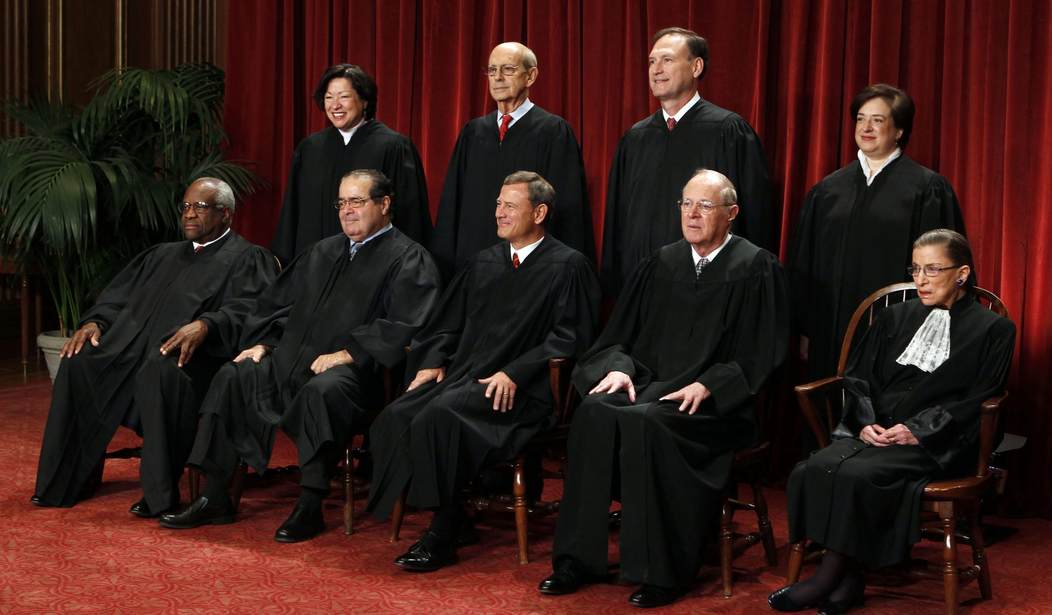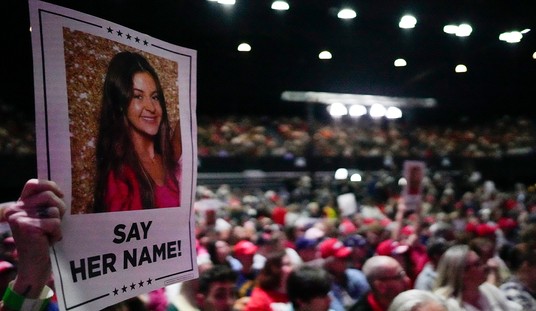WASHINGTON – The U.S. Supreme Court sat for 80 minutes listening to arguments over whether residents of certain states are eligible for subsidies under Obamacare with the justices providing few clues regarding how they might ultimately rule.
As expected, the four liberal justices displayed support for the subsidy system that stands as the central issue in King v. Burwell, which ultimately could become a landmark case. Meanwhile, three conservatives – Justices Samuel Alito, Joseph Scalia and Clarence Thomas – are expected to oppose.
That leaves Justice Anthony Kennedy, a swing vote who sided with the minority in the case that declared the Affordable Care Act passed constitutional muster, and Chief Justice John Roberts, a court conservative who nonetheless proved to be the swing vote siding with the Obama administration in that first case.
Kennedy appeared to be weighing the various arguments, at times expressing sympathy for both sides. But the most surprising factor was Roberts, who remained uncharacteristically quiet for almost the entire debate, providing court watchers with little indication of how he might come down.
At issue is a dispute over four small words tucked deep into the massive legislation that has proved controversial since its passage in 2010.
A Democratic-controlled Congress, with no votes from Republicans, passed Obamacare, requiring almost every American to obtain some sort of health insurance to offset any medical bills they may accrue. The package promised to provide monetary subsidies to those unable to purchase insurance if they met certain qualifications.
In order to make the system consumer-friendly, the law set the parameters for establishing insurance exchanges where consumers could pick and choose from variously approved coverages. The system allowed states to either establish their own exchange or utilize one created by the federal government. A number of states simply turned the responsibility over to the federal government and that’s where the controversy begins.
The bill text states that individuals are eligible for subsidies if they purchase insurance from the exchange “established by the state.” The program has been granting subsidies to consumers regardless of whether they purchased insurance from a state exchange or under the auspices of the federal government.
Four individuals opposed to the healthcare law because they don’t want to be coerced into buying insurance, all from Virginia, went to court to stop the subsidies provided to those who used the federal exchange, maintaining the clear language of the law provides subsidies only to those using state exchanges. The administration insists the language was a drafting error and that everyone who meets eligibility requirements should receive assistance.
Michael Carvin, representing subsidy foes, told the justices that the dispute at hand represented a “straightforward case of statutory construction where the plain language of the statute dictates the result.”
Only 14 states and the District of Columbia established exchanges. Should the justices side with those seeking to end the subsidies, more than seven million people could lose the monetary help they received to purchase insurance, a possibility that Justice Ruth Bader Ginsburg maintained would carry “disastrous consequences.”
In response, Alito maintained there would “be no harm” if the court struck down the subsidies but allowed them to continue through the end of the year. That, Scalia added, would provide Congress with an opportunity to change the record and permit the system to proceed.
But Justice Elena Kagan declared that the high court must “look at the whole text, the particular context, the more general context, try to make everything harmonious with everything else.”
“We don’t look at four words,” she said.
At least one justice, Kennedy, was uneasy siding with either argument. At one point he told Carvin that “perhaps you will prevail in the plain words of the statute.” But then he turned around and said, “There’s a serious constitutional problem if we adopt your argument.”
That problem, Kennedy suggested, is the potential intrusion on states’ rights involving a state’s decision to create or not create an exchange.
Solicitor General Donald Verrilli, representing the administration before the court, said Carvin’s assertion that the subsidies were only intended for those utilizing state exchanges offers “an incoherent statute that doesn’t work.” If accurate, the claim “revokes the promise of affordable care for millions of Americans.”
“That cannot be the statute that Congress intended,” he said.
Outside the courthouse, politics, as usual, held sway. House Speaker John Boehner (R-Ohio), whose chamber has tried and failed to overturn Obamacare more than 50 times, said the law “should be repealed and replaced with common-sense solutions that lower cost and protect jobs.”
“Obamacare is so far beyond repair that administration officials say they have no backup plan should the Supreme Court strike down the law’s core subsidies,” Boehner said. “The administration says it is confident it will prevail, just like how it was confident implementation would go smoothly and the law would be popular. While the administration has no alternative, Republicans are discussing thoughtful solutions to help middle-class families and give them more control over their healthcare. We owe that to all those who have been hurt by this nightmare of a law.”
White House Press Secretary Josh Earnest, meanwhile, noted that it is “unwise to draw conclusions on the ruling based solely on the questioning of the justices” but he said the White House is “quite pleased with the performance of the solicitor general in making a strong case to the court about the constitutionality of the law and the clear reading that we believe is there.”
“It has been clear from the beginning, throughout the congressional debates, that what the law envisioned was that every American, in all 50 states, would be eligible to collect tax credits to make their insurance more affordable if they qualify,” Earnest said.
“You have to really take four words out of context in a 900-page law to make it mean what the plaintiffs in this case want it to mean.”
The court’s decision is expected later this year, perhaps late June or early July. Even if the justices side with those opposing the subsidies most of the law will remain intact, including the expansion of the Medicaid program that provided medical coverage to millions.









Join the conversation as a VIP Member